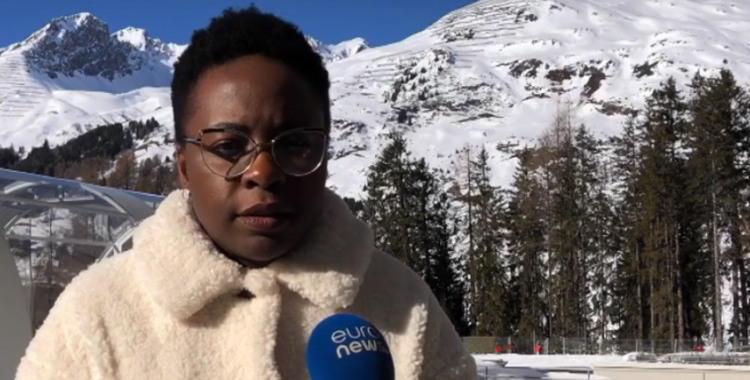The Minister of Finance, Vera Daves de Sousa, is representing Angola at the 50th edition of the World Economic Forum.
Between debates and exhibitions of what Angola has to offer, the minister pointed, in an interview to Euronews, the purpose of being present at this event: "We are on a path of reconstruction, of gaining the confidence of national and international investors, in Angola, of change in the way we do business, how we show ourselves, how we manage public entities and companies. Therefore, being here is an opportunity to make our voice heard, to talk about what we are doing, what is our vision in relation to the country and how we propose to diversify the economy".
In the executive's list of new bets is the change in the oil sector, she indicated. "In the current model, oil is the main contributor, we want to change to a model where other sectors contribute to our growth," he said.
To do that, Vera Daves de Sousa explained that the executive is focusing on two crucial points. The first is to "stabilise macroeconomic conditions, control inflation", thus allowing "exchange rates to fluctuate freely", she said, adding that for four years the growth rate has been negative and it is necessary change that.
The second point is related to the political side. The minister said that the government's objective is "to continue to play a peacemaker role", maintaining dialogue with neighbouring countries, so that there is "social and political stability". "We understand that this is the key to ensuring trade, that the openness we want to see between African countries takes place in a stable political environment", she added.
As for corruption, which has been a central issue during João Lourenço's government, Vera Daves de Sousa said that its fight continues to be one of the country's priorities.
During the World Economic Forum, the minister has already met with Elsie Kanza, WEF's executive director for Africa, Olaug Sarva, president of the Norwegian 'NORFUND' and the executive director of the Rothchild group, among other possible stakeholders in the country.







